Introduction
Yes, dogs can eat grits – they are not toxic and offer some health benefits. However, grits are not essential for dogs and definitely not on the canine food pyramid. Dogs are carnivores and thrive on meat.
So, if planning to add this popular side dish option to your dog’s menu, be cautious and stick to the feeding guidelines. If you use grits in a savvy way, you can take advantage of the benefits while avoiding the risks.
Why are Grits Good for Dogs?
Contrary to popular belief, corn is not just a cheap filler dog food manufacturers use to add volume to their formulas. When used correctly (served in the right amount and frequency), corn and its derivatives can be beneficial for dogs. Let’s discuss why grits are good for dogs.

Healthy Energy Boost
Dogs, especially of certain breeds and active lifestyles, need extra energy boosts. Grits provide precisely that – they are rich in carbs and serve as quick energy sources. Also, grits have small amounts of protein, thus improving their overall nutritional profile.
Gluten-Free Option
The gluten problem is not just for people – dogs can be gluten sensitive as well. This is where grits kick in. Grits are essentially grounded, and flaked corn and corn is gluten-free grain.
Improved Digestibility
If your dog ever got into corn, you know most of the kernels come out looking the same way as they entered – meaning they travel through the digestive tract without being digested. Luckily, this is not the case with grits. As a grounded corn version, grits are much easier to digest.
Vitamin C Source
Vitamin C plays several important roles in canine health – from boosting the immune system to supporting skin health to promoting cell regeneration.
Rich in Folic Acid
Folic acid (vitamin B9) is vital for cellular health and preventing changes on a molecular DNA level which could potentially lead to cancer development.
Can Grits be Bad for Dogs?
Yes, grits can be bad for dogs. But that is only if prepared in a non-dog-friendly way or overfed (given in extra-large food portions or served on a daily basis). When used responsibly, the benefits of grits outweigh the potential risks.
So, to keep things balanced and on the safe side, let’s take a closer look at the potential health risks and reasons grits can be bad for dogs.
Too Many Carbohydrates
The mentioned energy boost is beneficial only if the dog is active and uses the carbs correctly. However, if you feed your couch potato of a dog with grits, chances are you will soon be dealing with an overweight or even obese dog.
Corn Sensitivities
Being gluten-free does not mean anything if your dog has a corn sensitivity. While not as common as most pet owners think, corn sensitivity is an option. This is the reason why when giving your dog new foods, you must start with smaller portions and see whether the food is compatible with its digestive system.
Digestion Issues
While much more digestible than traditional corn, grits can still be hard to digest for some dogs. In such cases, feeding grits is likely to result in a tummy upset.
Borderline Glycemic Index
When it comes to the glycemic index, grits are somewhere in the middle – they do not classify as a high-glycemic food but are close to the borderline. Therefore, it is best to err on the side of caution and avoid giving grits to dogs with diabetes.
The Fatty Side of Grits
Many grits recipes include butter to ensure a creamier texture. Butter grits are way too fatty for dogs and can trigger diarrhea (best-case scenario) or, in more severe cases, an acute pancreatitis episode.
Unfriendly Spices
From salt and pepper to garlic and onions – grits are usually spiced up and seasoned with different additions. Sadly, some spices are irritating (black pepper), others (salt) are dangerous in excess amounts, and some (garlic, onion) are straightforward toxic.
The Dairy Problem
Some grits recipes are made with cheese or milk. This obviously enriches the flavor but makes the grits dangerous for dogs. As you already know, most dogs are lactose intolerant, meaning cheese and milk are not dog-friendly.
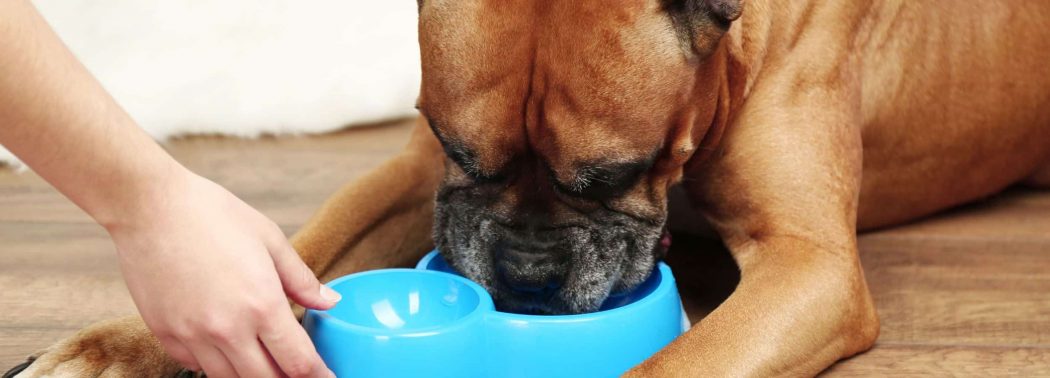
How Much Grits Can my Dog Eat?
When it comes to giving your dog grits, it is best to keep things safe and stick to a small serving size – around two large tablespoons for the medium-sized dog. Large dogs can eat up to three while small dogs only one tablespoon.
With the serving size covered, we should note that the feeding frequency should not exceed more than one grits meal per week. If your dog has never tasted grits before, start small, and if safe, you can increase the amount later.
For puppies, it is best to keep the grits away from their food bowls. Their sensitive tummies and unique dietary needs are not compatible with this corn-based food.
How to Prepare and Serve Grits for Your Dog?
When cooking grits for your dog, you need to be mindful about the choices. As explained above, stay away from unnecessary additions like butter and milk. Also, forget about spices.
If you want to enrich the grits and make them creamier, you can use chicken or beef broth instead of water. You can even use a plant-based milk version.
In terms of serving – no toppings on the grits. Either serve them plain or mix the grits with regular dog food – kibble or canned. Also, make sure the grits are cooled down before serving (tongue burns are not fun).
Summary
Overall, grits are dog-friendly as long as correctly prepared and served on occasions as part of an otherwise complete and balanced diet.
Bottom line, if you have a hyperactive dog or gluten-sensitive dog, grits are perfect. On the other hand, stay away from grits if your pouch is corn sensitive or prefers a sedentary lifestyle.
Sources
- Can Dogs Eat Gluten?, Lucy Postins, 2021
- Corn Allergies in Dogs, Wag!, 2018
- Why Does My Dog Need Folate, Lisa, 2021
- Pancreatitis in dogs, PDSA, 2021
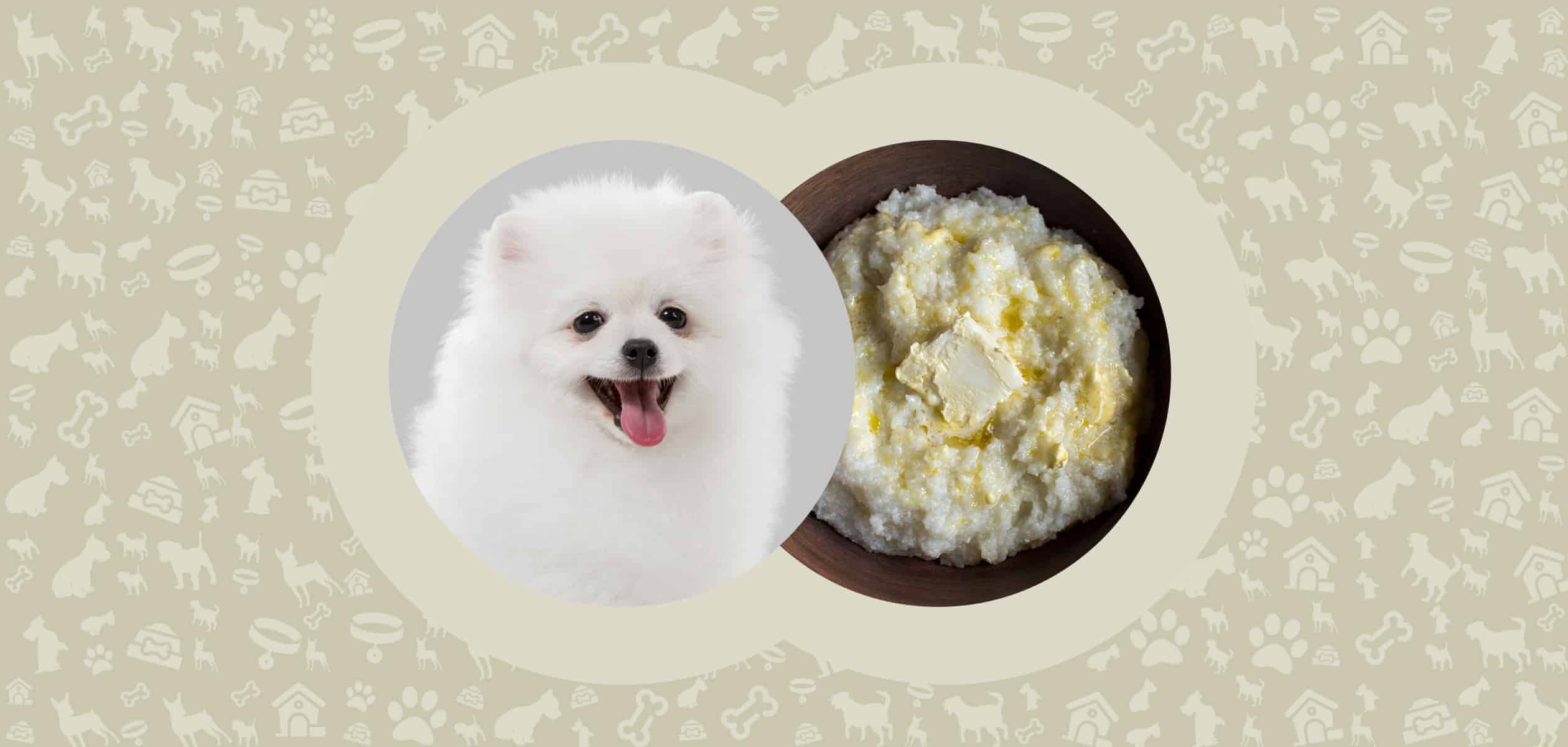
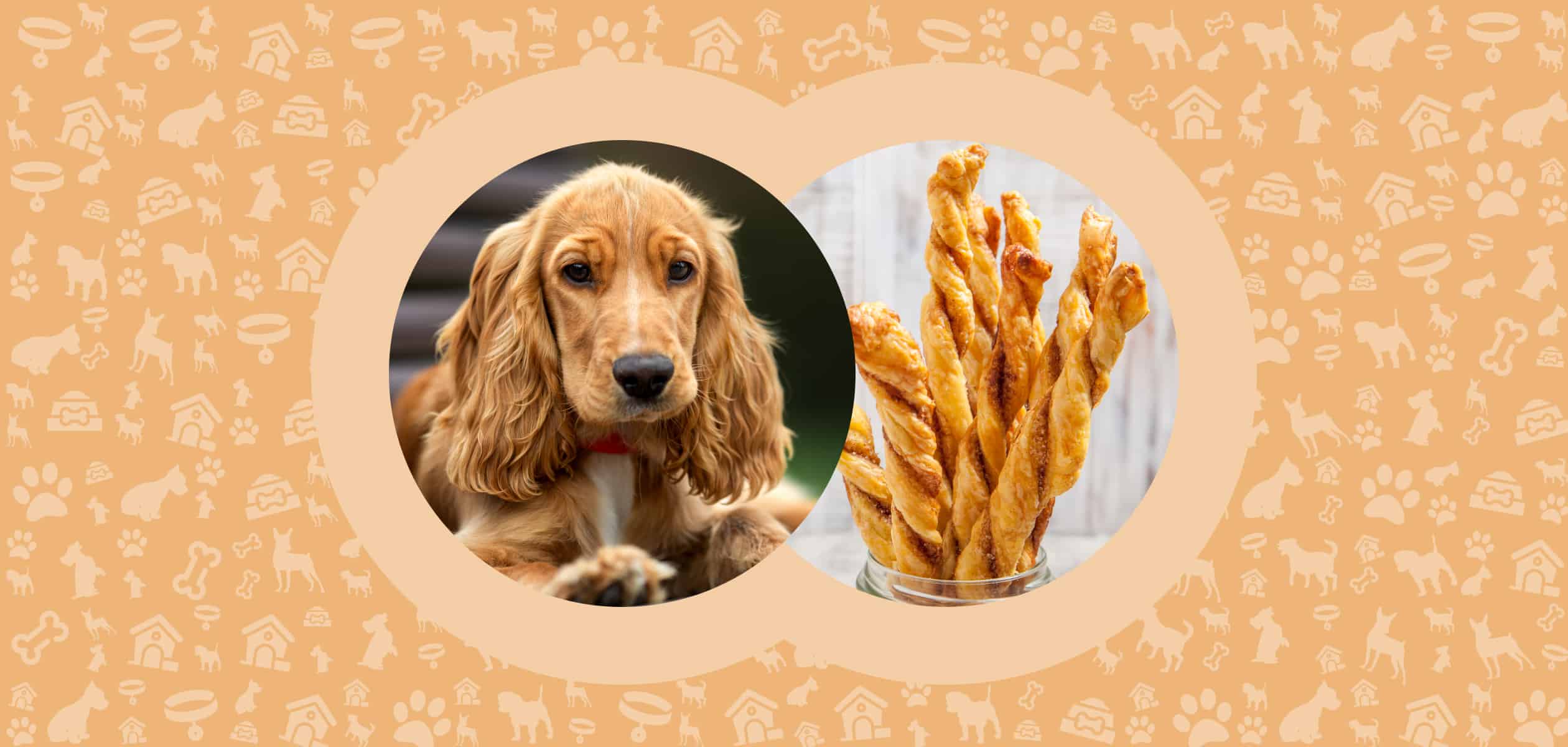
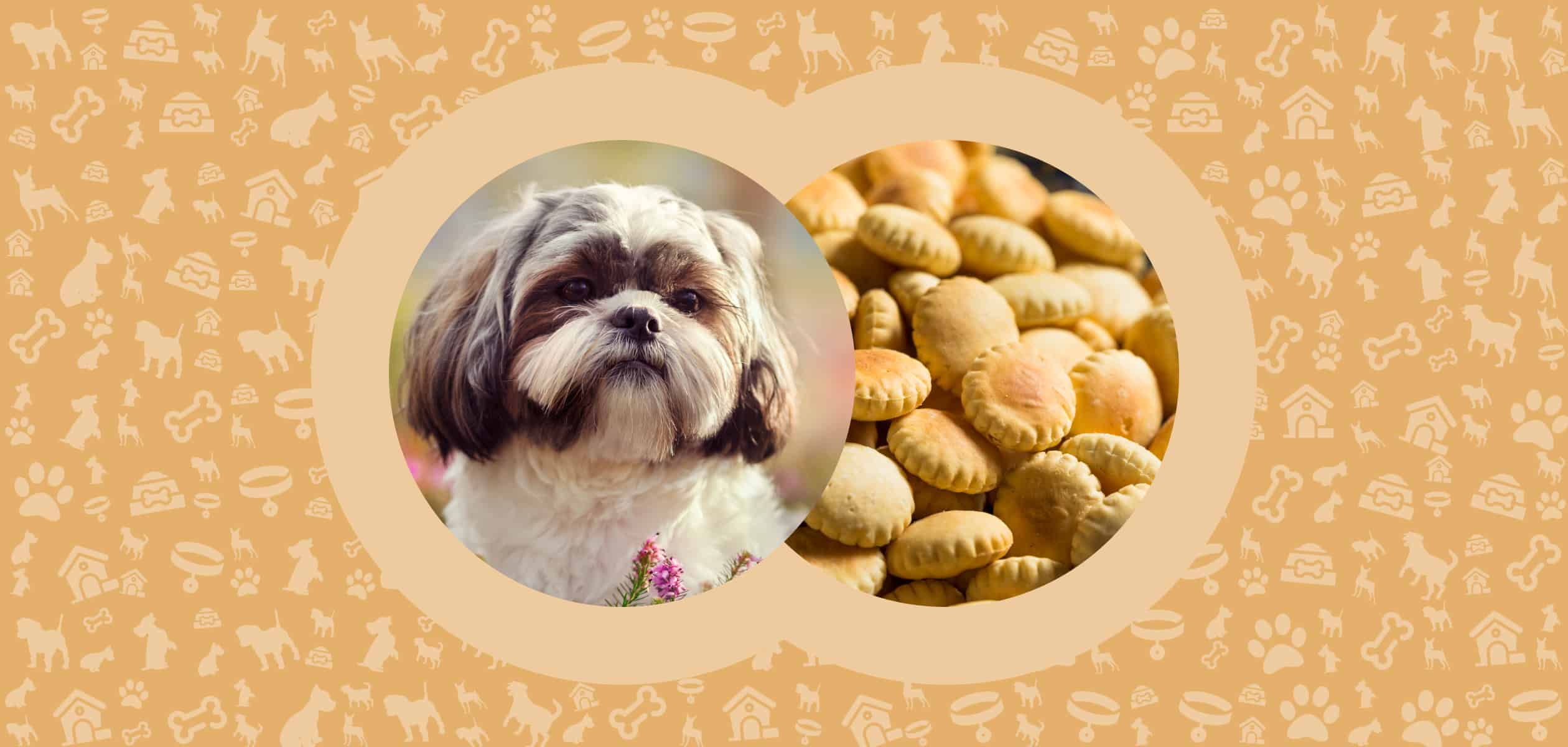

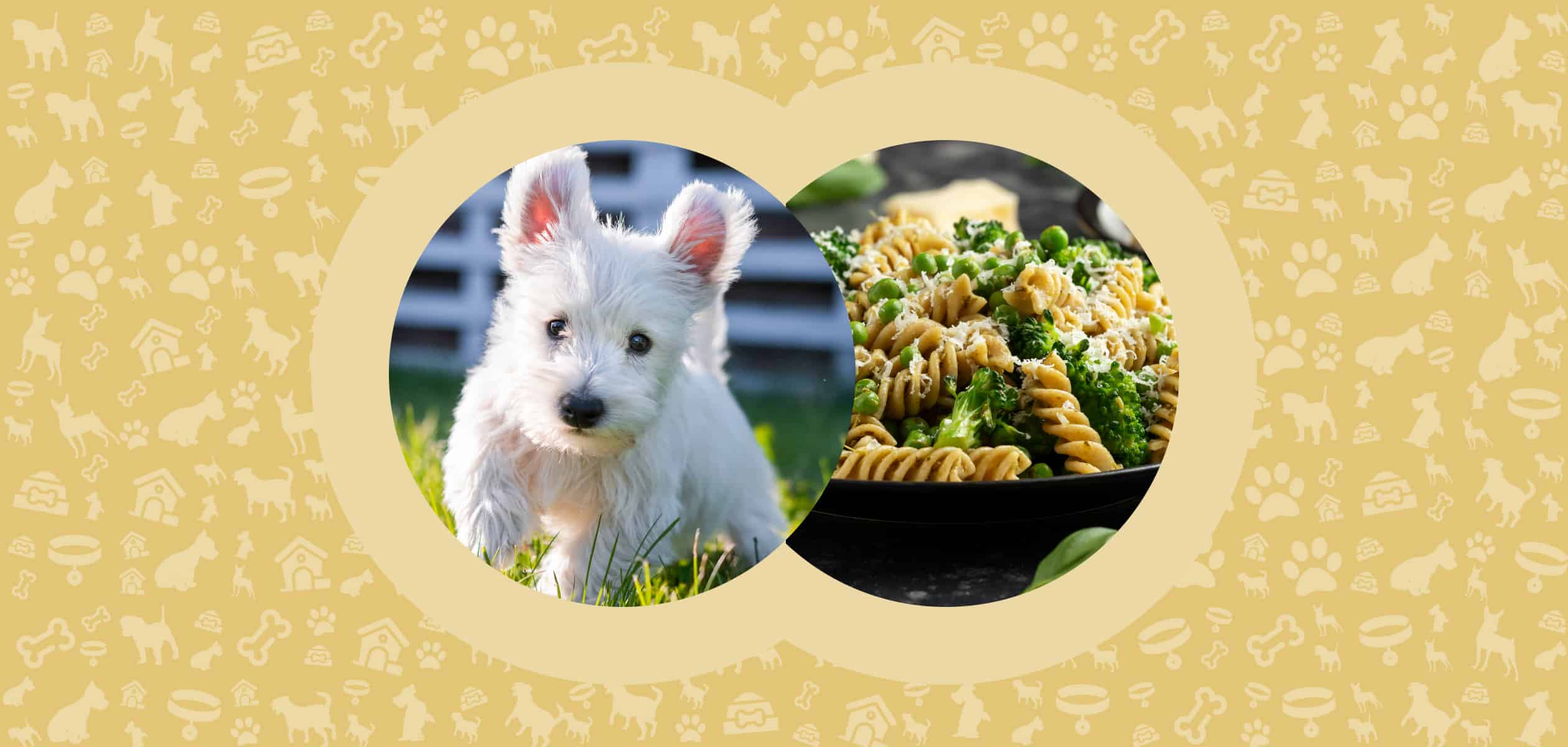
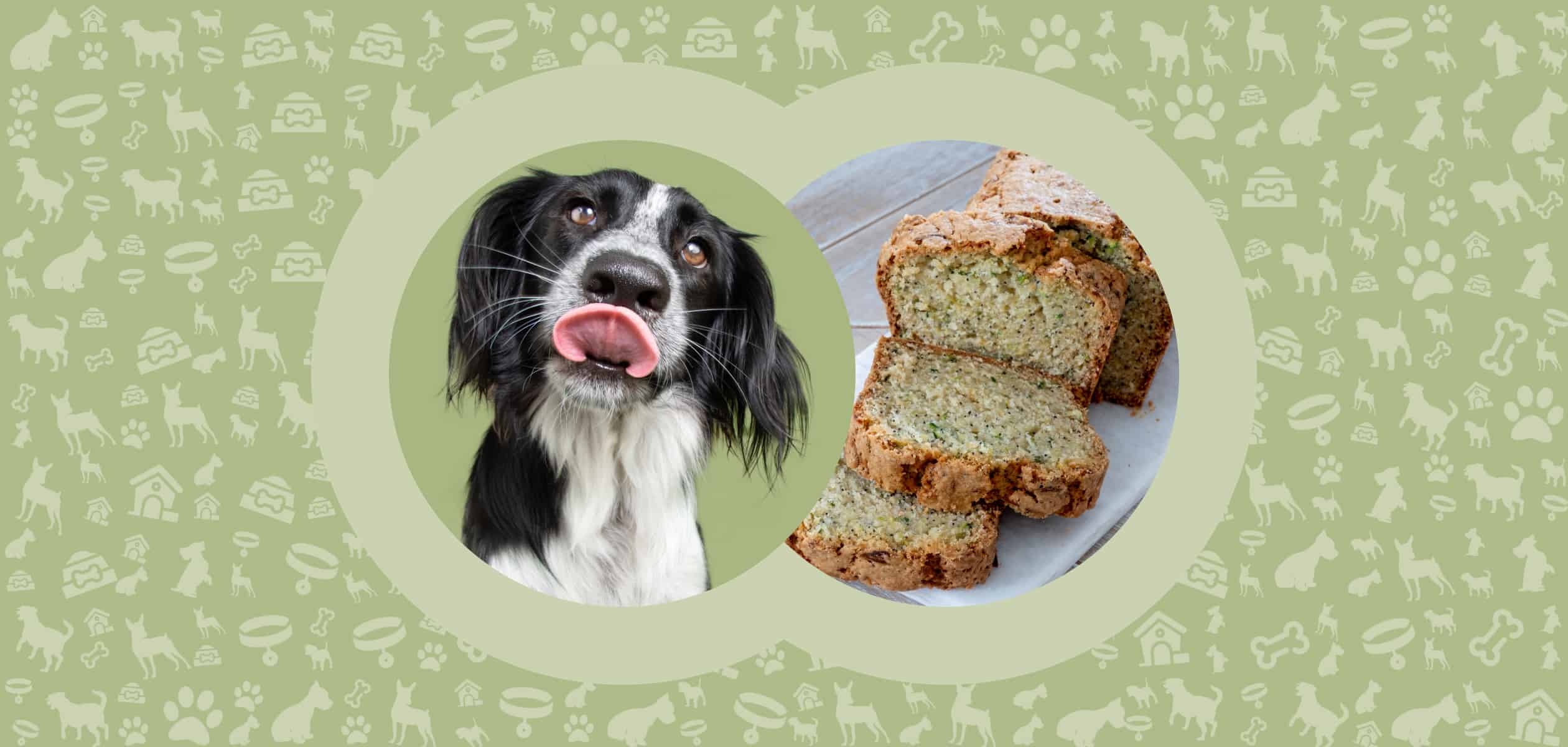
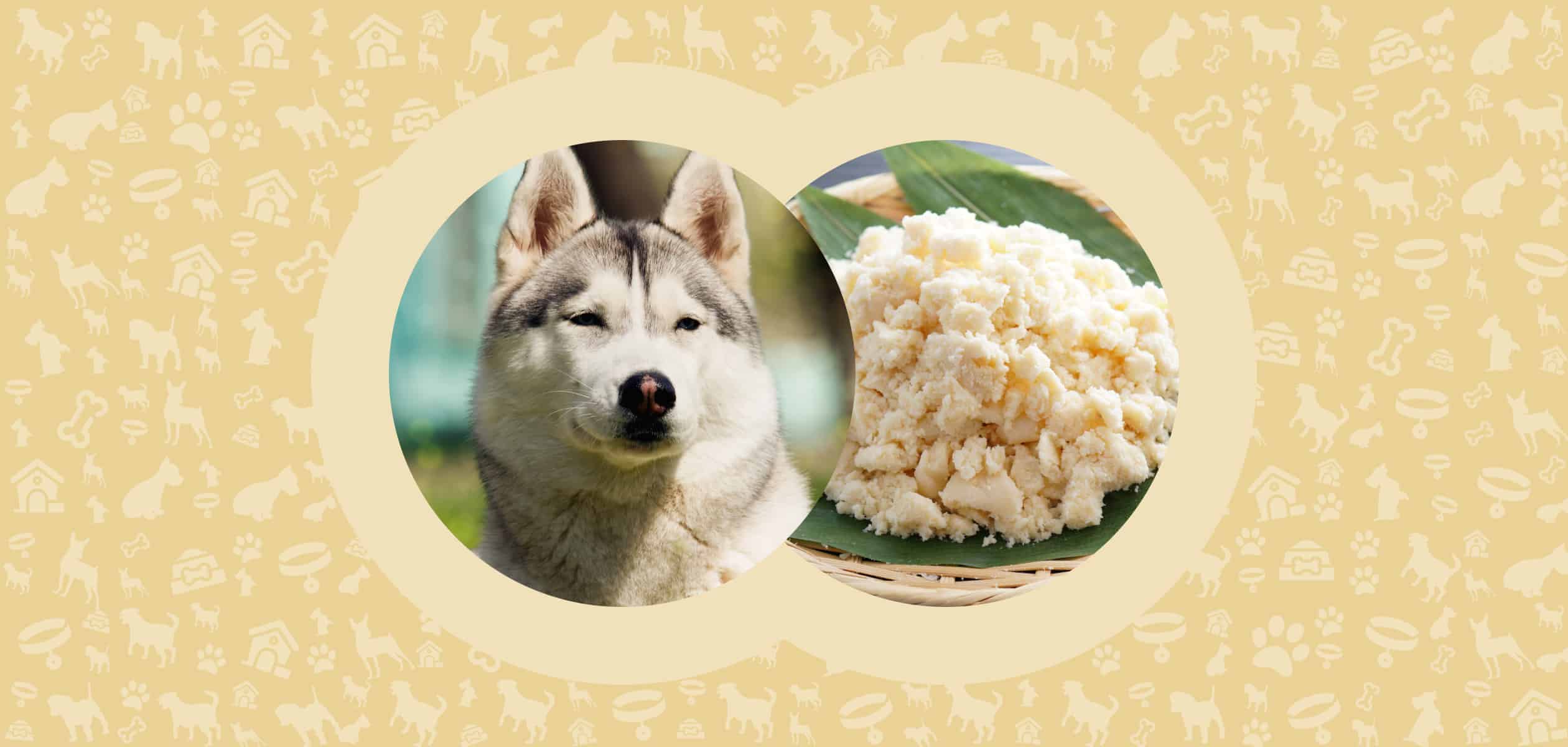
Leave a Comment